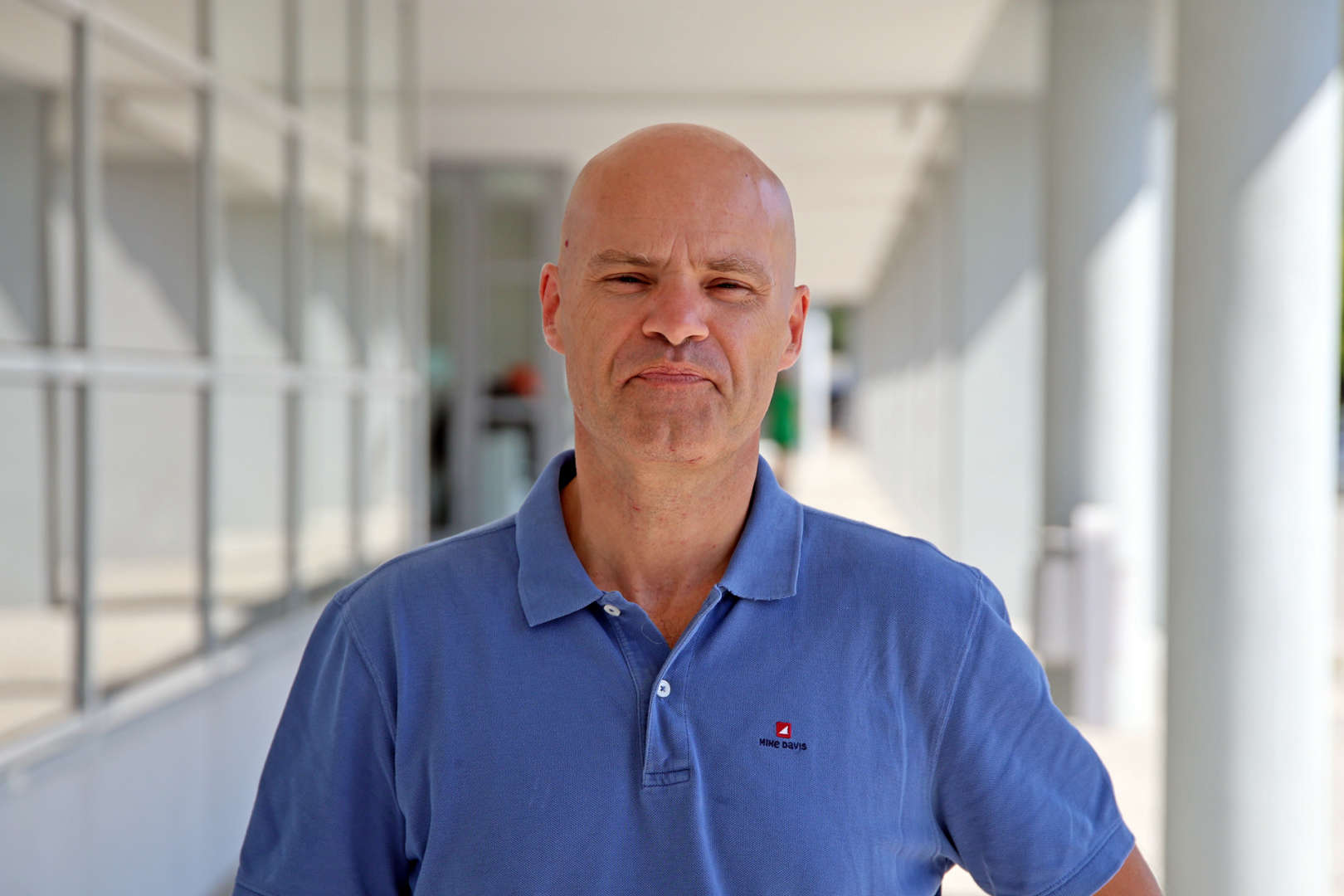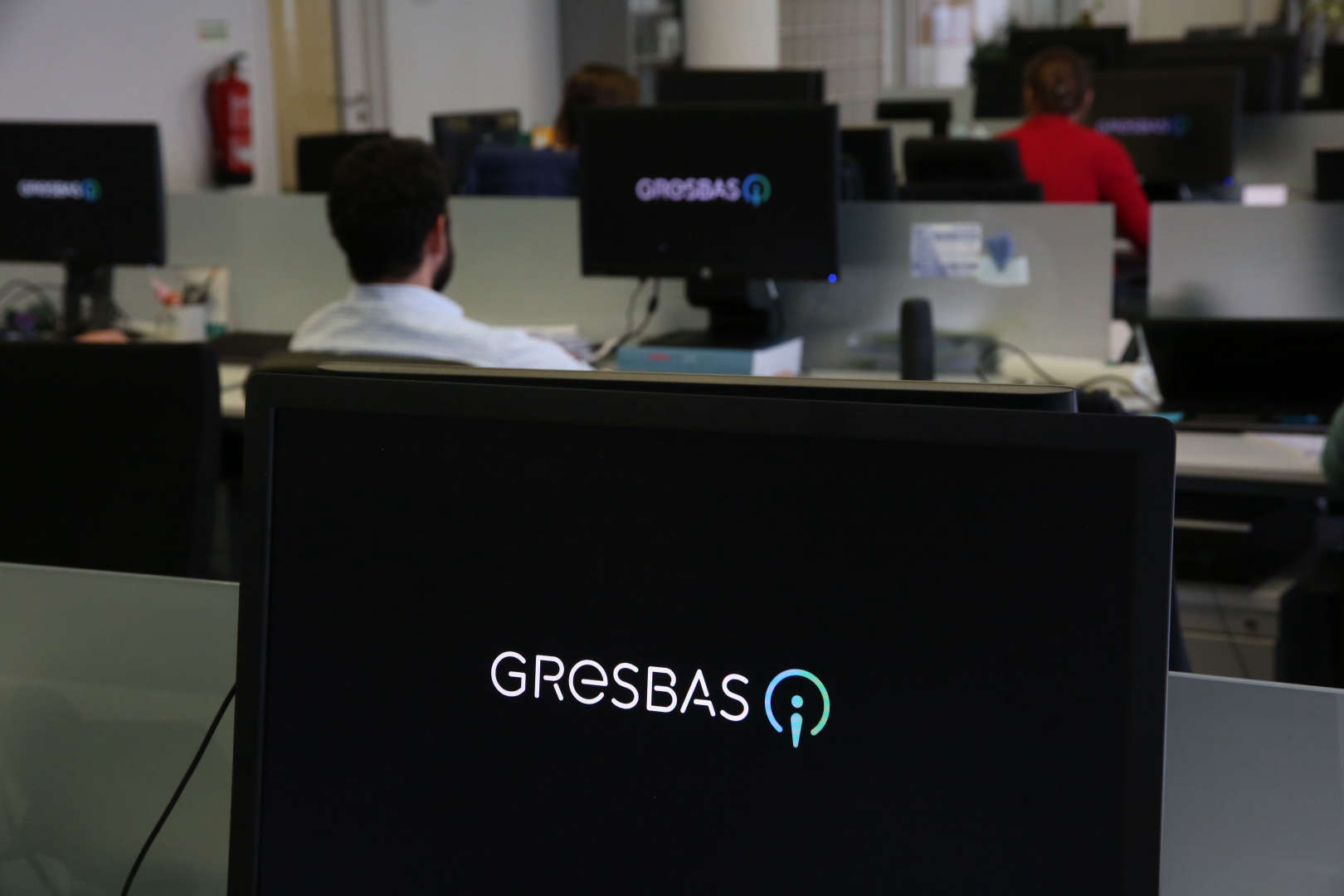Sobre
Doutoramento em Informática com uma tese na área dos jogos sérios e plataformas virtuais. Tendo como tema de investigação a criação de uma framework que potencie a mudança comportamental usando técnicas de gamificação. Já trabalhou em vários projetos de investigação, nomeadamente: OnlineGym (Ginásio Virtual 3D); eCompared; StopDepression; NanoStima, GresBas (EU/FCT), FEEdBACk (H2020), VRTraining, MELOA (H2020), ILIAD (H2020), BLUE-X (H2020), PRR. O seu grande foco de investigação prende-se em estudar a relação entre os comportamentos e os ambientes imersivos para treino e certificação profissional, usando plataformas de XR(AR/VR/MR) bem como mundos virtuais, metaversos e digital-twins. É Professor auxiliar na FEUP na área de disciplinas relacionadas com programação de software e multimédia. É um apaixonado pela vida! O seu grande hobby é ser escuteiro ...



